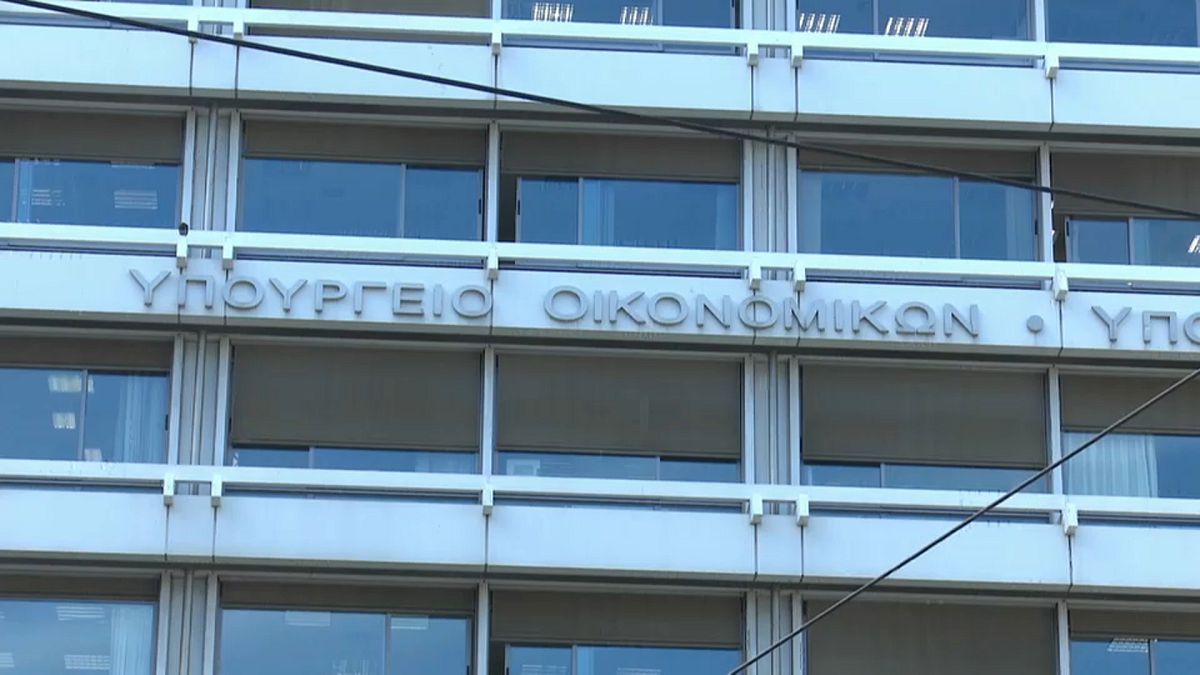Greece's international creditors are visiting the Greek capital for their fourth enhanced surveillance evaluation.
Greece's creditors are returning to Athens on Monday (September 23) for a fourth post-bailout evaluation to review whether Prime Minister Kyriakos Mitsotakis' planned tax cuts will affect Greece's economic results.
A key factor to Mitsotakis' plans to lead his Greece's economy to a viable growth path, is attracting investors.
The fact that bond rates are at historic lows suggests that the tide has taken a major turn in Greece's favour.
"The government's initiatives towards reducing taxes,” says Konstantinos Kollias, president of the Economic Chamber of Greece, “Especially concerning businesses, abolishing capital controls in full and the willingness to continue reforms all these things send a sign to our partners and the markets, which is reflected in the five- and 10-year bond rates, falling. I think they are building a package that makes for an appealing investment environment."
But investments need bank financing and it’s not certain that the Greek banking system is in a position to do so, with non-performing loans amounting to €80 billion. This number lies significantly lower than the March 2016 peak of €107bn, but is still high,
“The big issue is guarantees,” says Athens Chamber of Tradesmen president, Ioannis Chatzitheodosiu. “We want the government to create an investment bank, which will be able to guarantee and cover for the banks. Chambers of commerce should be allowed to underwrite some of the guarantees to small businesses to support banks and allow liquidity into the market. While the banks do have the means to provide liquidity, the ECB restrictions won't allow them to do so.”
Clearing the arrears stock of 1.4 billion euros is another challenge for the Greek economy. The third post-bailout review brands Greece's progress to that end "disappointing", especially since old debts to the private sector are not being cleared fast enough, while new ones are being created.
The Greek government wants to wrap up the evaluation before the end of November and then go to the December Eurogroup meeting with no loose ends. The objective there will be to negotiate and eventually strike a deal on counting revenue from Greek state bonds withheld by central banks within their Public Investment Programme, thus implicitly reducing the agreed-upon primary surplus.
